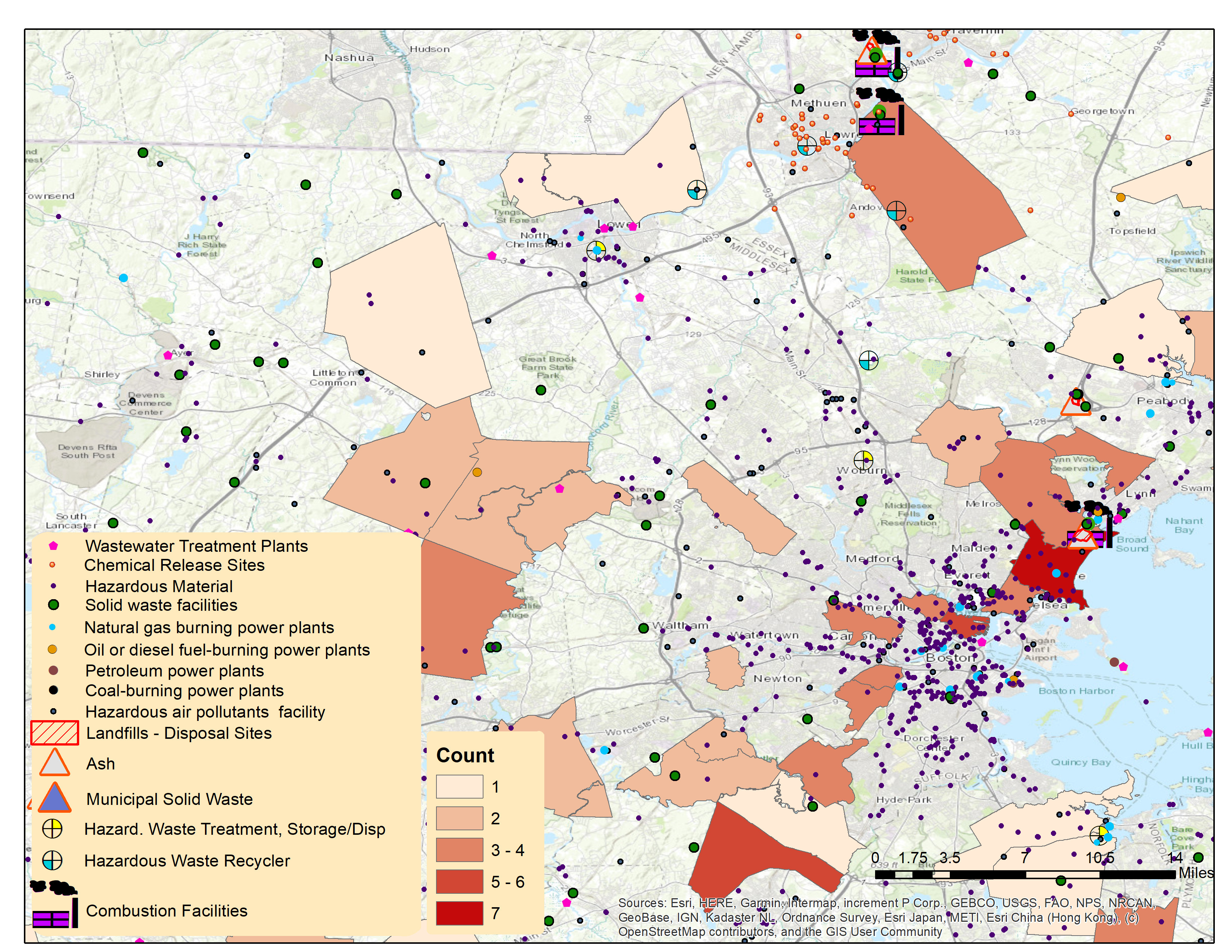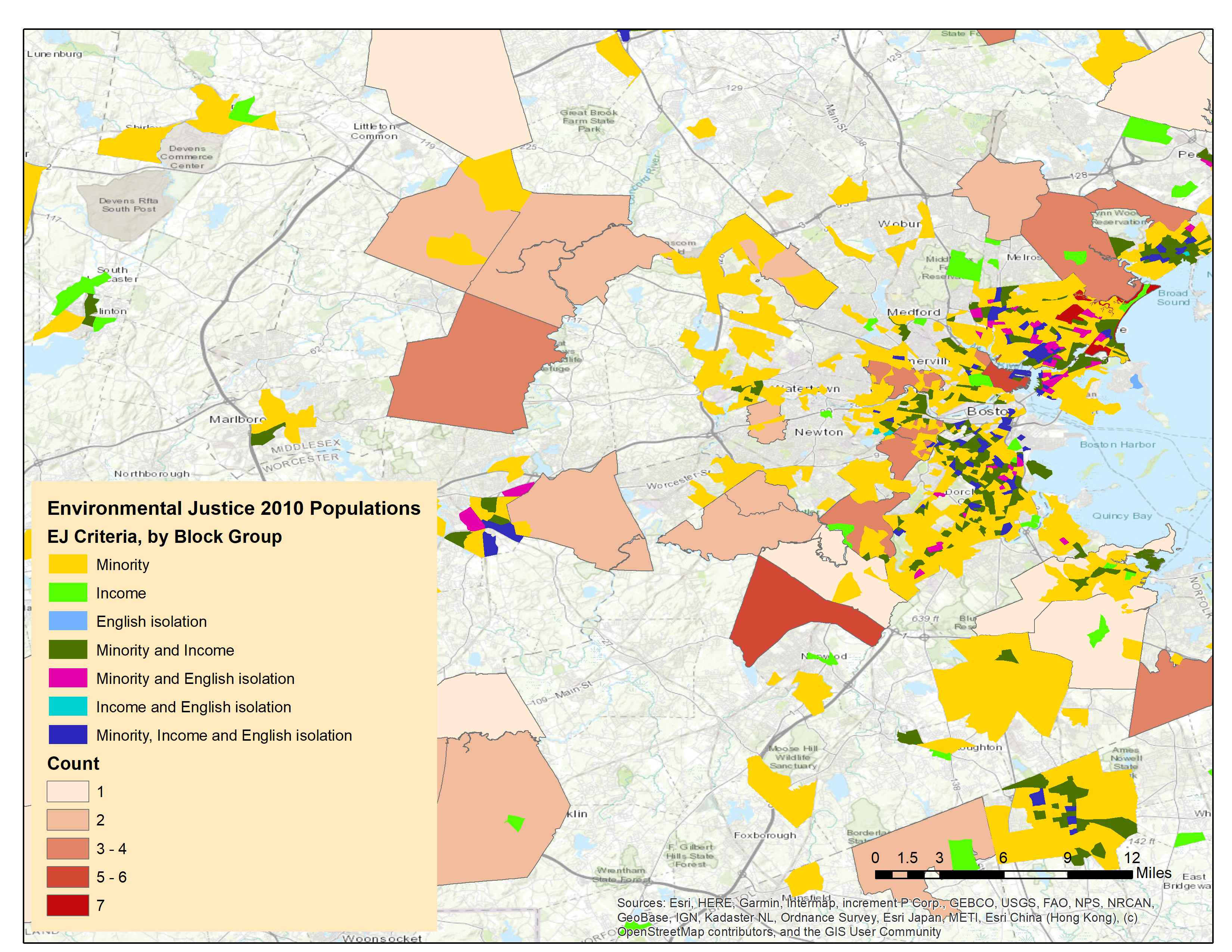Session Information
Date: Friday, November 6, 2020
Title: Miscellaneous Rheumatic & Inflammatory Diseases Poster I: Diagnosis and Testing
Session Type: Poster Session A
Session Time: 9:00AM-11:00AM
Background/Purpose: Eosinophilic fasciitis (EF) is a rare fibrosing disorder of the fascia characterized by induration progressing proximally along the upper and lower extremities. Given the potential impact on joint mobility, EF can be associated with a high degree of morbidity and have a major impact on quality of life. To date, the etiologic trigger leading to disease onset remains unknown. Assessment of high incidence geographic clusters may be a crucial initial step to cause identification. ArcGIS is a geospatial processing program used to create and analyze geographic distributions and has recently been utilized to determine high incidence clusters for several cancers and autoimmune diseases. The purpose of this study is to determine the geographic distribution of eosinophilic fasciitis (EF) cases in Massachusetts and evaluate for possible environmental triggers.
Methods: The Research Patient Data Registry, which combines medical records from two large, academic tertiary care centers in Boston, was utilized to identify 294 potential cases of EF. Eighty-one of these were confirmed by board certified dermatologists or rheumatologists and were included in the study. Demographic and geographic data was extracted. EF cases were mapped by zip code using ArcMap 10.7.1. These maps were then compared to environmental exposure maps including those for industry and toxic waste sites, as well as to social justice maps.
Results: Elevated case counts of EF were observed in specific geographic regions in Massachusetts, including Revere, Charlestown, Westwood, North Andover, and Saugus. These regions were in proximity to landfills, chemical release sites, ash pollution, and combustion facilities (Figure 1). Based on social justice maps, EF cases were found to be more prevalent among low-income and minority communities (Figure 2). Review of medical records revealed that a high proportion of EF cases were smokers (49%) compared to the general population (~21% smokers). Of the patients with EF who underwent evaluation (n=40), 25% demonstrated a monoclonal gammopathy. Additionally, 26% of patients have a recorded past medical history of at least one more autoimmune disease in addition to EF.
Conclusion: To our knowledge, this is the first study to date assessing the geographic distribution of EF. The regional clustering of EF cases in proximity to ash, landfills, chemical release sites, and combustion facilities illustrates the potential contribution of environmental pollutants to the development of EF. Additional investigation using larger cohorts of patients with EF is warranted.
 Figure 1. Locations of industries and waste sites in relation to EF case-counts
Figure 1. Locations of industries and waste sites in relation to EF case-counts
 Figure 2. Social justice index and geographic distribution of EF cases
Figure 2. Social justice index and geographic distribution of EF cases
To cite this abstract in AMA style:
Kassamali B, Muntyanu A, Vleugels R, LaChance A. Geographic Distribution of Eosinophilic Fasciitis Cases in Massachusetts and Associated Environmental Triggers [abstract]. Arthritis Rheumatol. 2020; 72 (suppl 10). https://acrabstracts.org/abstract/geographic-distribution-of-eosinophilic-fasciitis-cases-in-massachusetts-and-associated-environmental-triggers/. Accessed .« Back to ACR Convergence 2020
ACR Meeting Abstracts - https://acrabstracts.org/abstract/geographic-distribution-of-eosinophilic-fasciitis-cases-in-massachusetts-and-associated-environmental-triggers/
